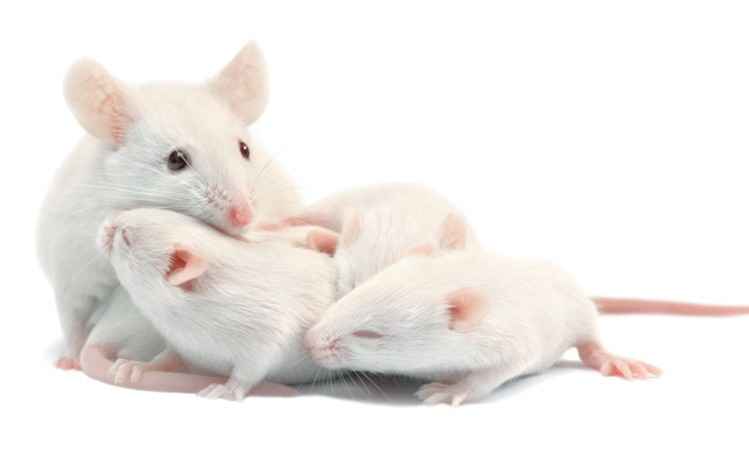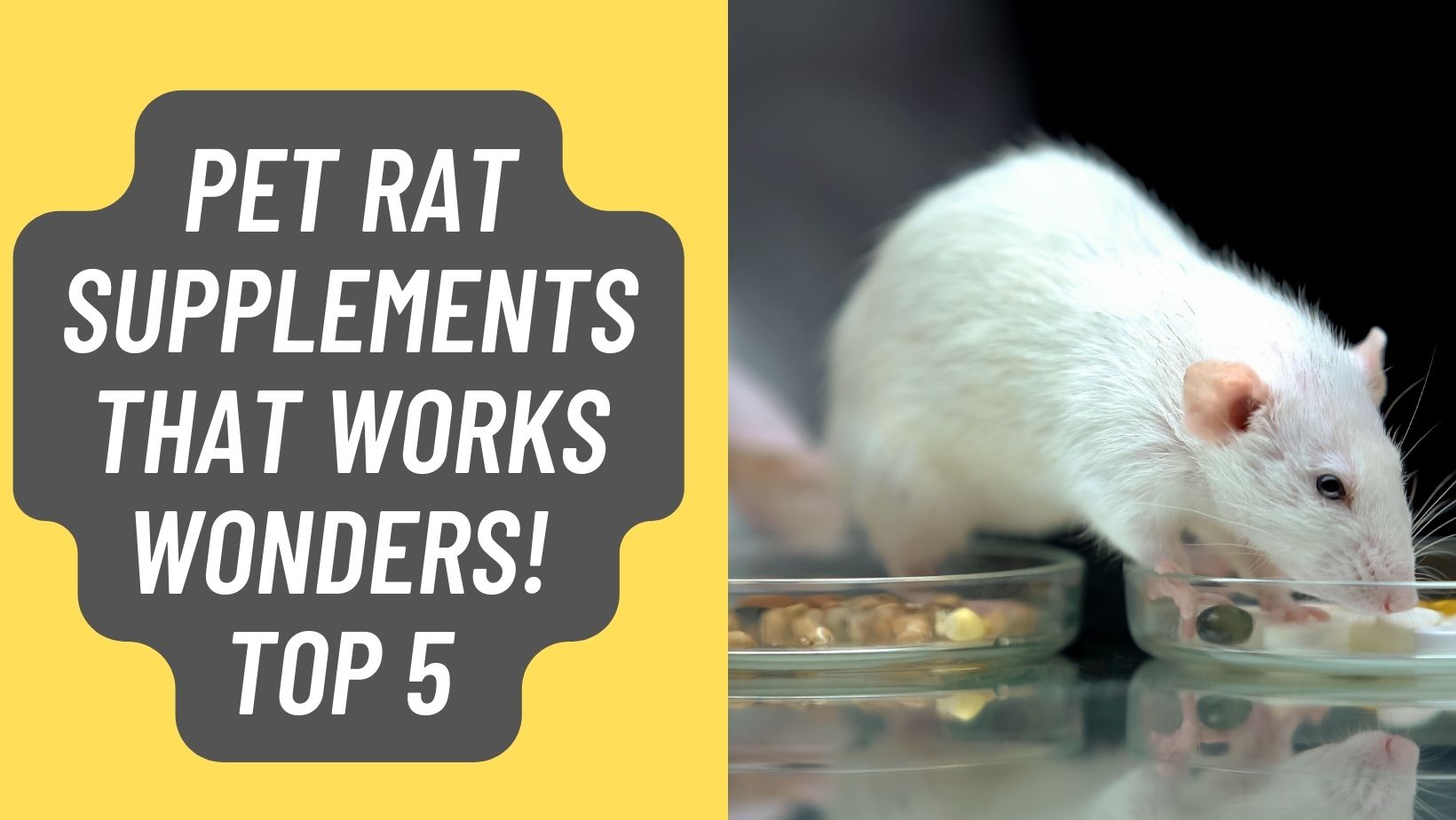I’ve been researching supplements you could give your rats to help support their everyday health.
These recommendations are not veterinarian approved nor have I consulted my vet about this. However, I do find that they benefits from these supplements along with a proper diet.
Pet Rat Supplements
Co-Enzyme Q10
CoQ10 supports the immune system, cell regeneration, cardiovascular health. Should only be used once a week.
Flax Seed Oil
Improves hair and skin along with many other health properties. Contains omega-3 and other good fatty acids. While you can buy flax seed, they are not broken down by the body.
To get the full health benefits, you should supplement rats with a few drops of flax seed oil with food a day.
Vitamin B Complex
Supports neurological, spinal nerve, and cell health. It also assists with the overall metabolism of fats and carbohydrates in the body. You can usually find this in most grocery stores.
Suggested use is a tablet that is broken up and mixed in with food.
ALSO SEE: Are Rats Clean Pets?

Grape-seed Extract
Powerful antioxidant, helps fight off viruses, allergens, and carcinogens. They also show anti-inflammatory, anti-allergenic, anti-cancerous, and anti-microbial activity.
Very good if your rat is ill and needs a boost.
ALSO READ: Is Hot Glue Toxic to Rats?
Booster
Organic red palm oil from Brazil rich in antioxidants (omegas 3 and 6, and vitamins A and E in various forms), and has been found to have anti fungal, anti viral, and antibiotic properties.
Some vets in the states are using/recommending it for colonies with respiratory issues as a booster for antibiotics.




